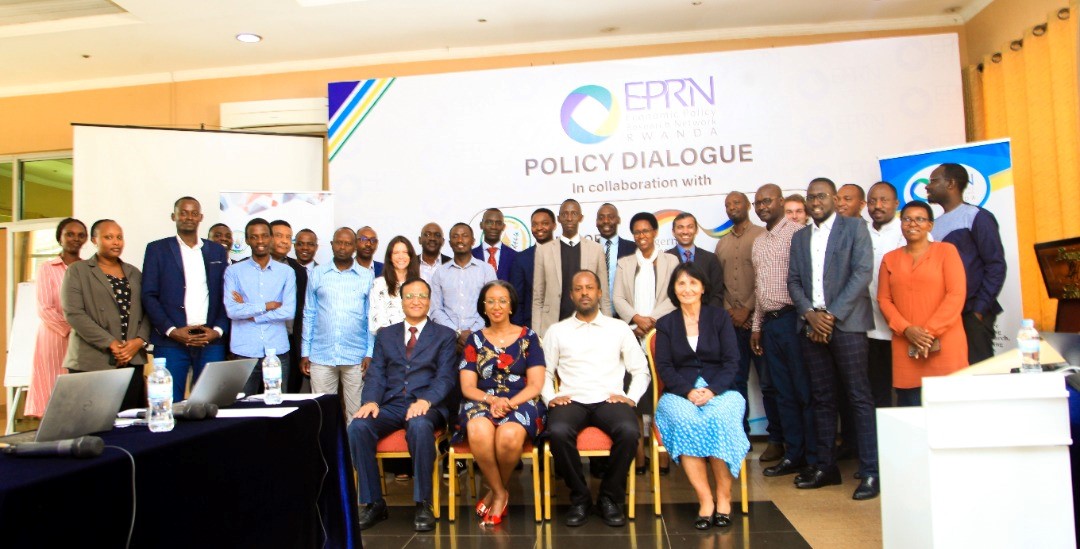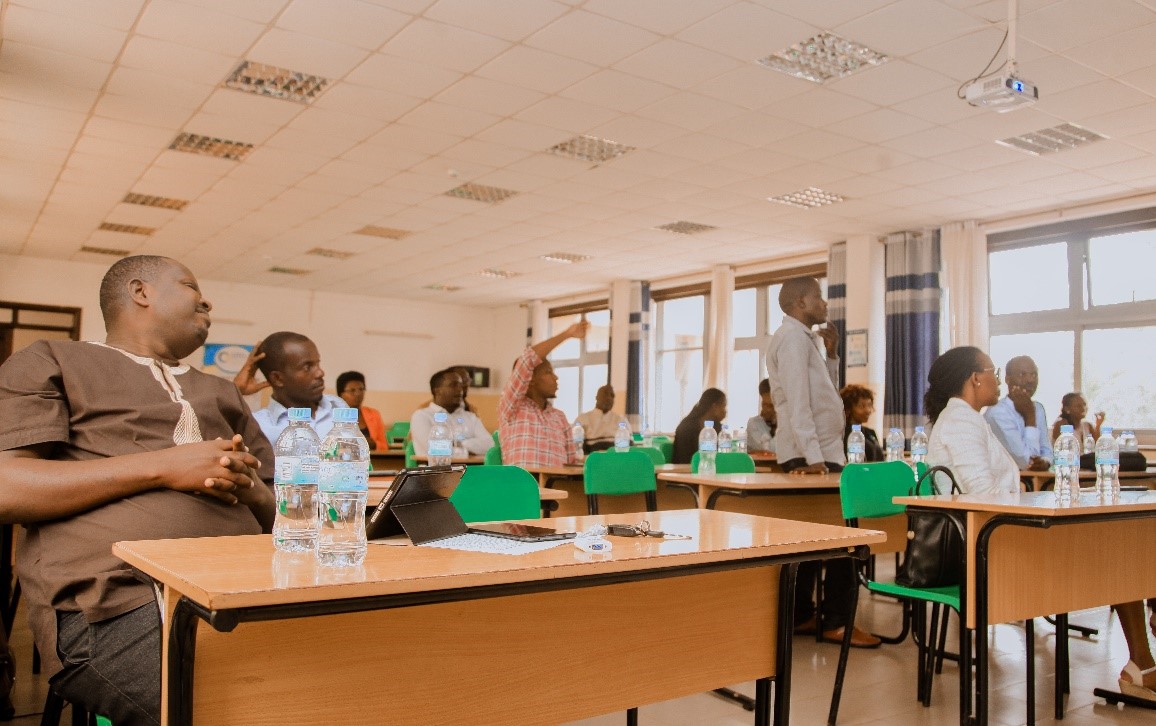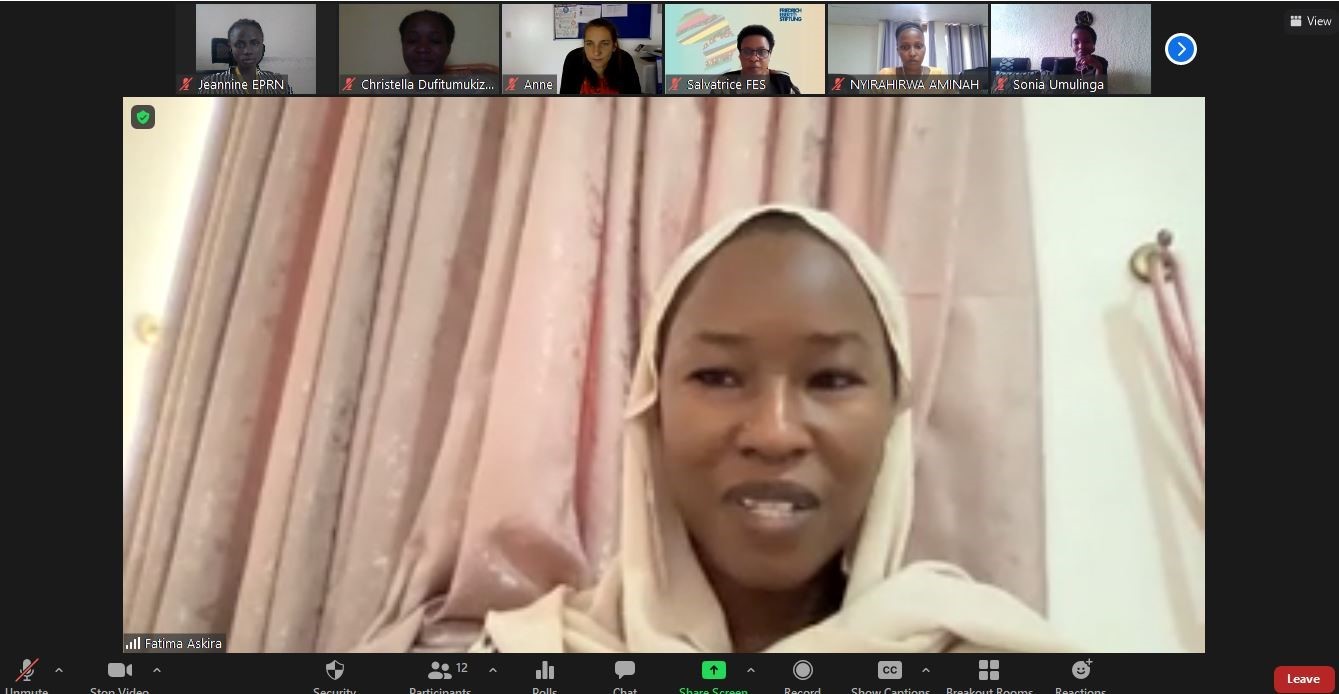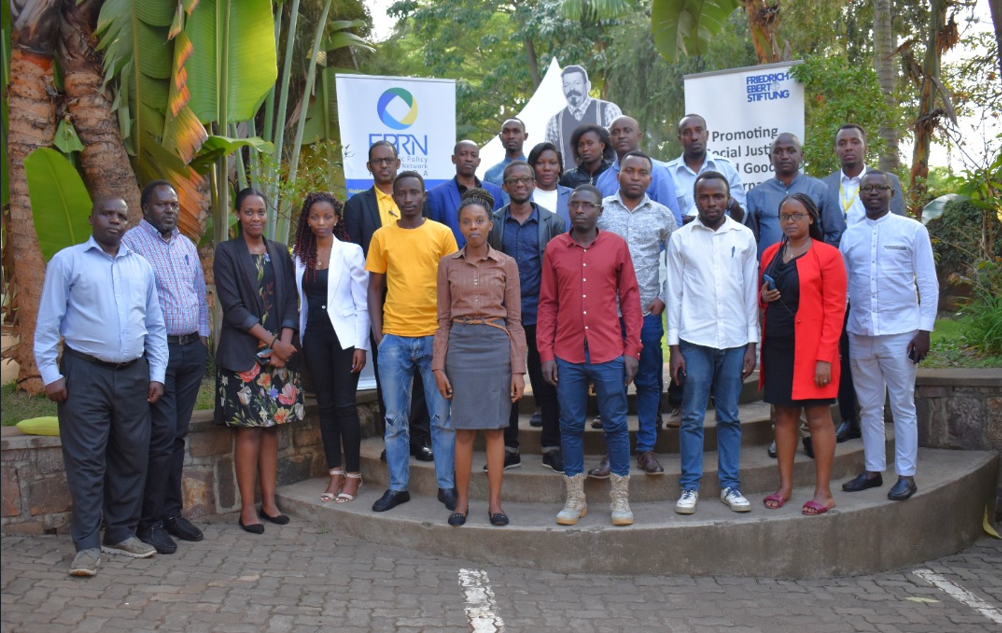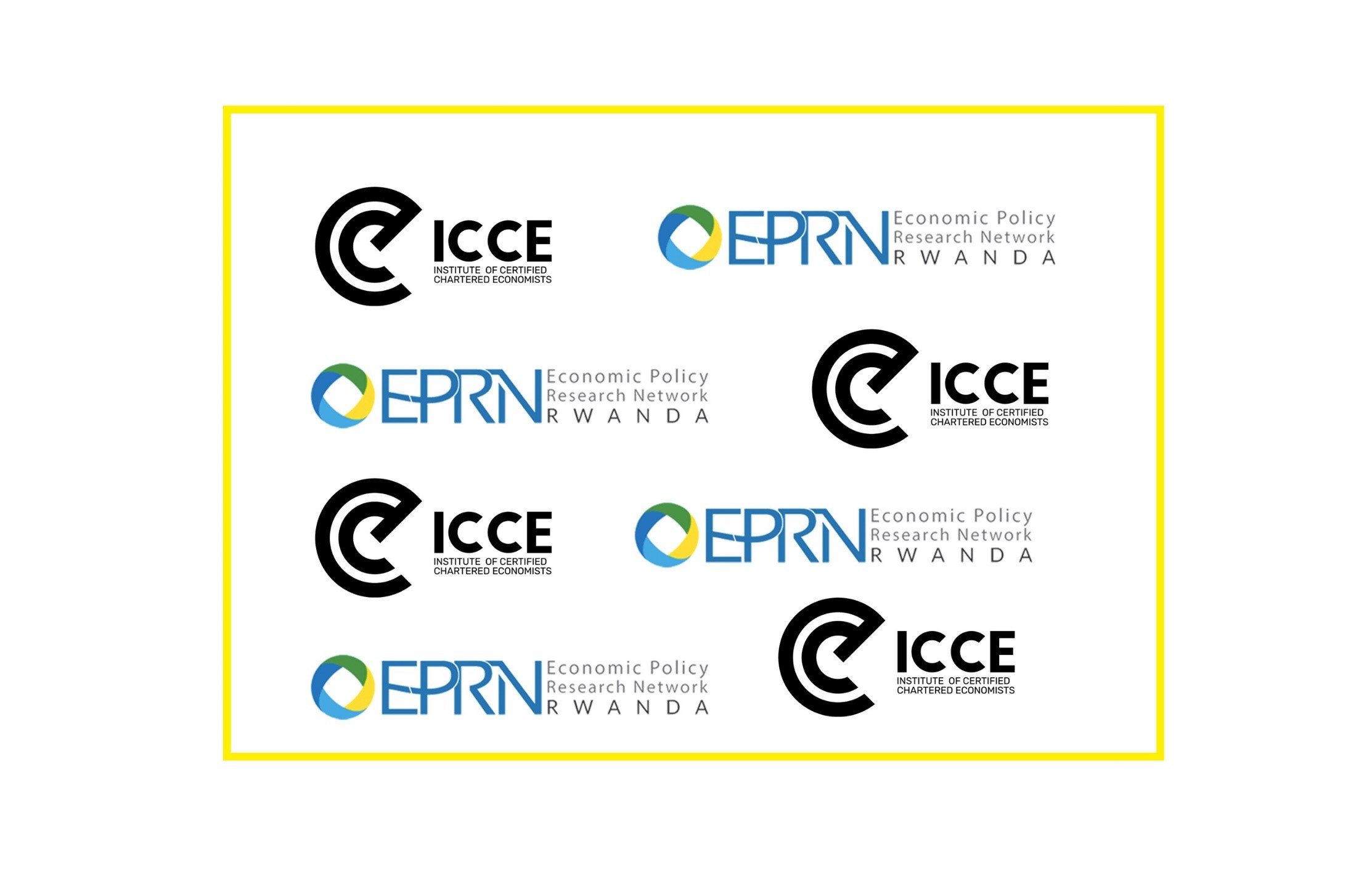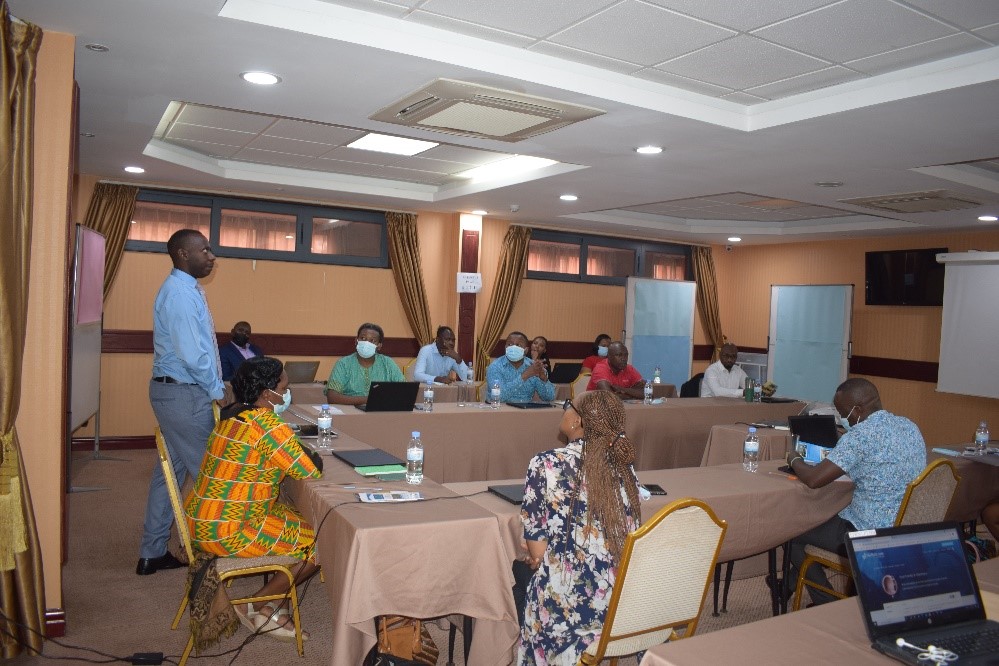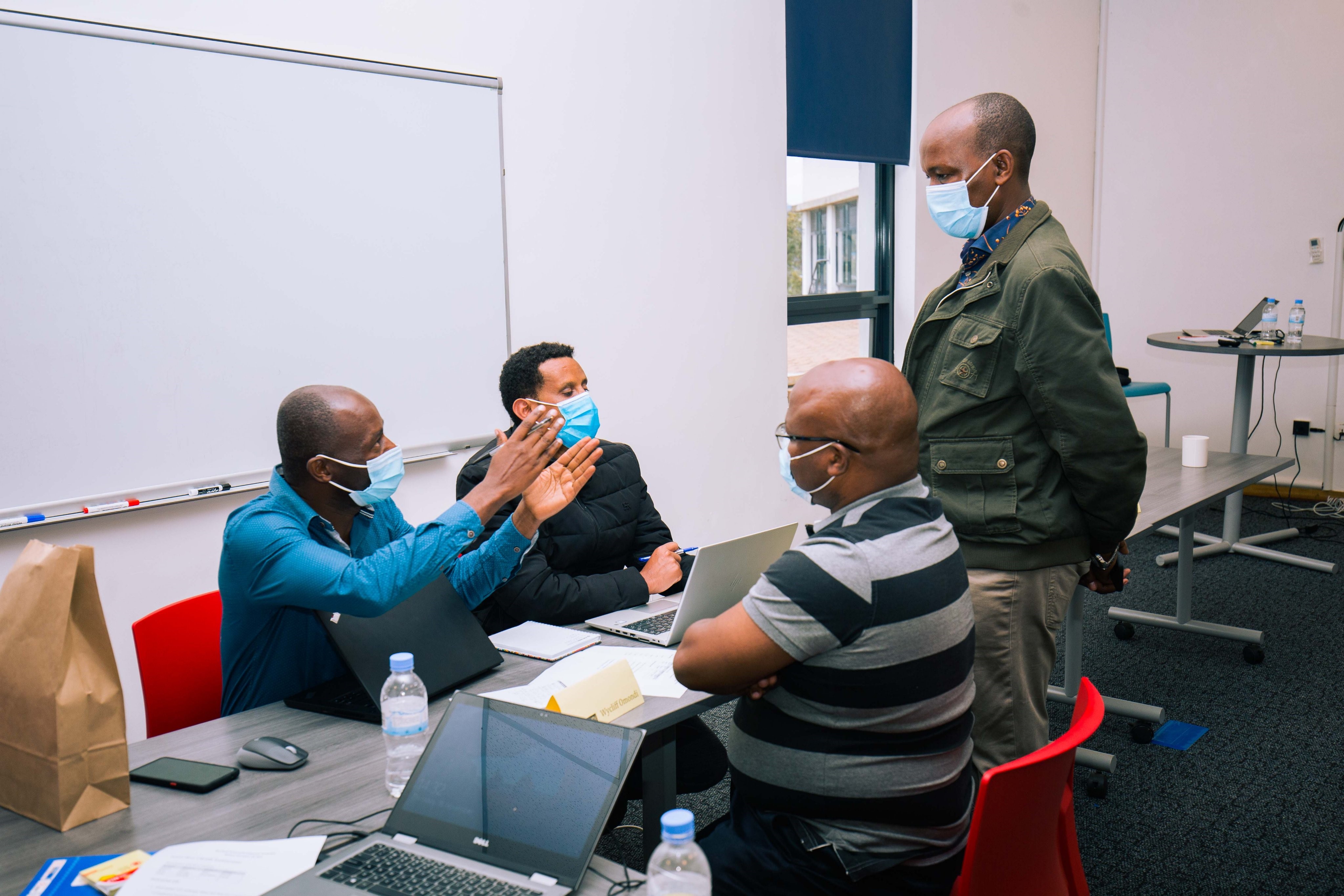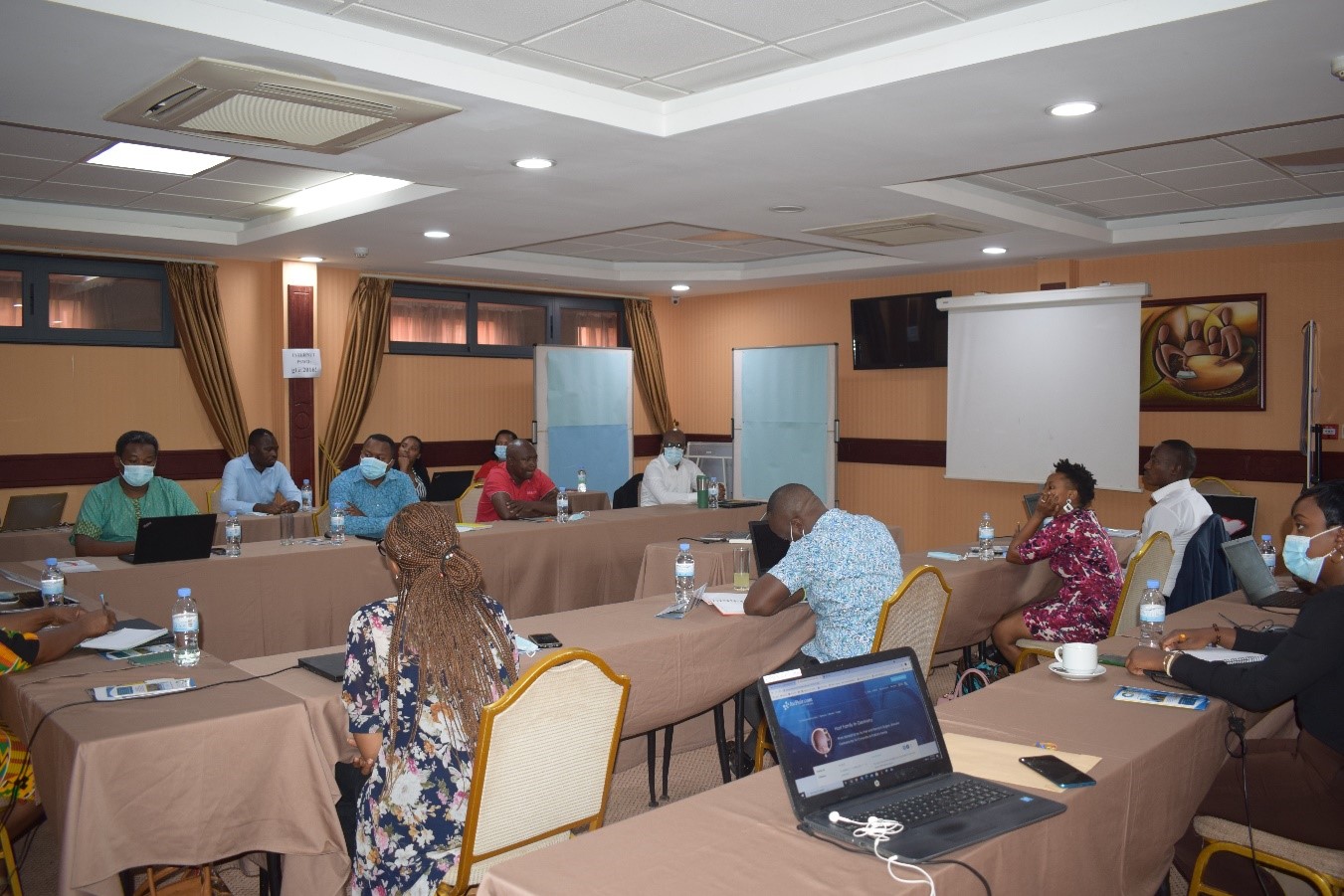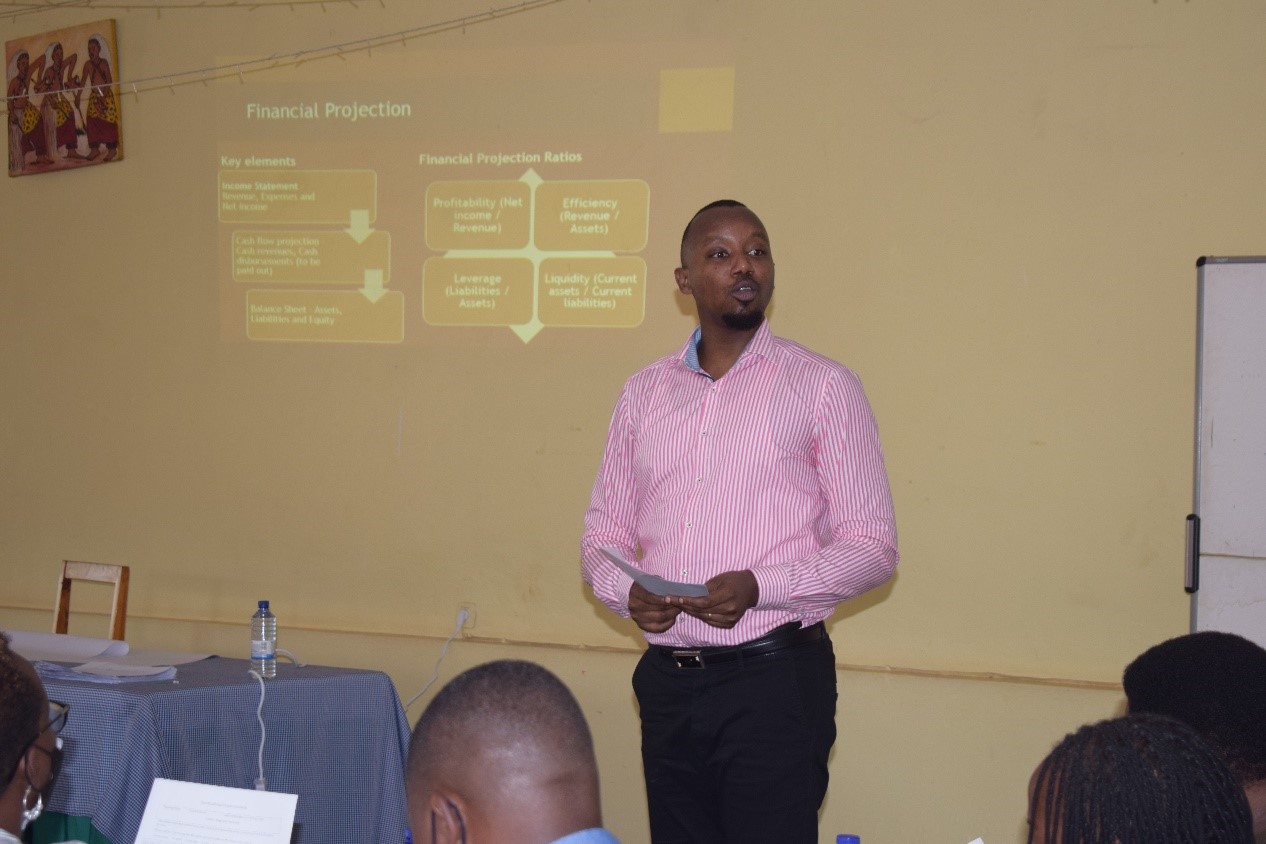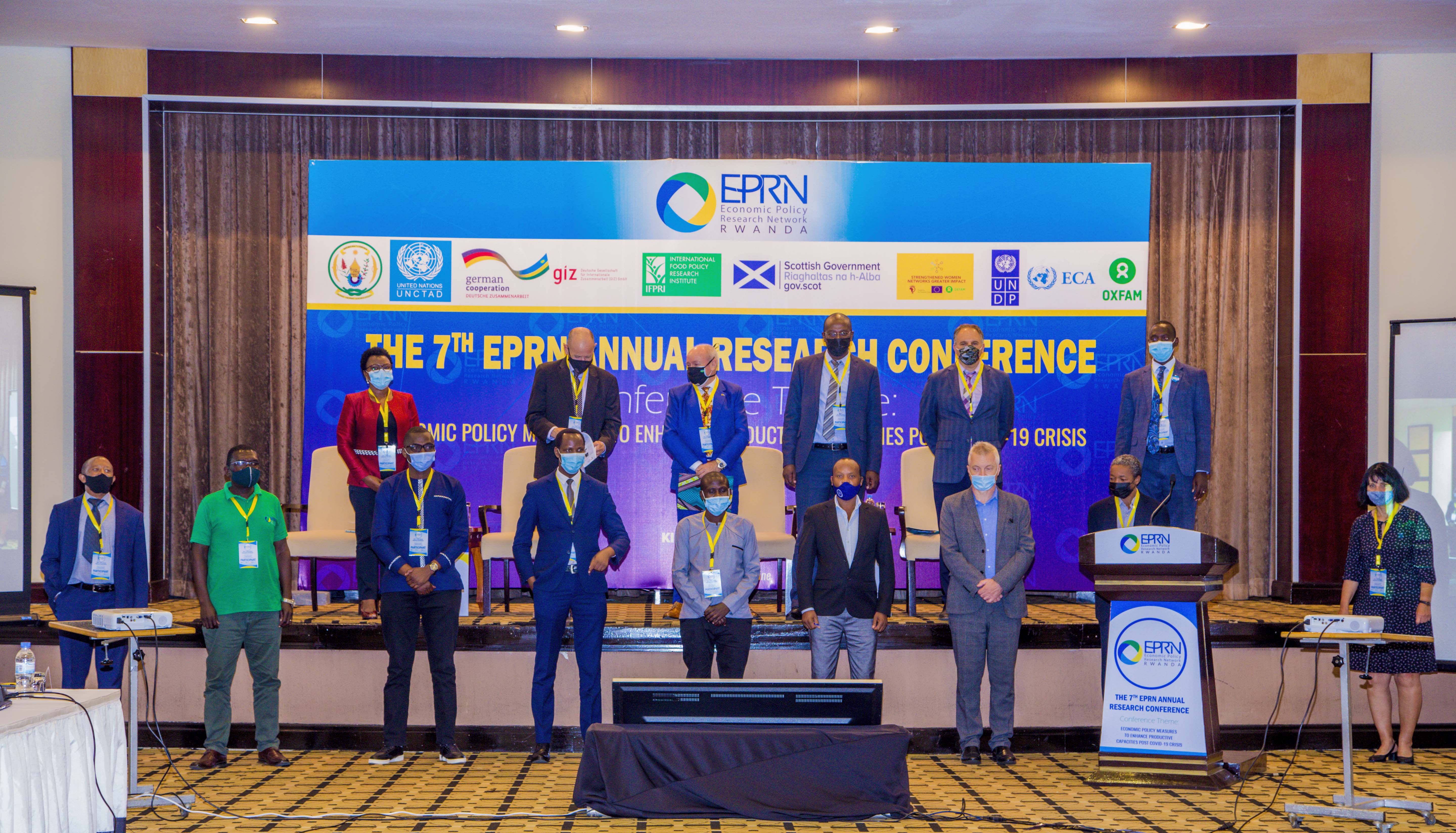NATIONAL WORKSHOP ON ORGANIC CERTIFICATION
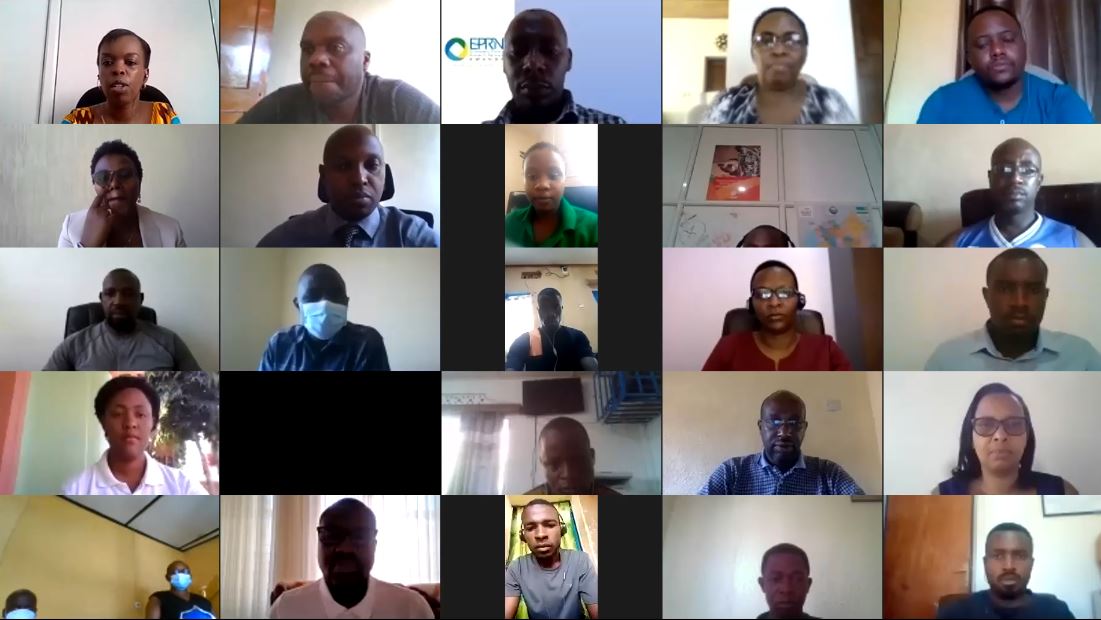
Jointly organized by EPRN, OXFAM and COCOF
PRESS RELEASE
A National Workshop on Organic Certification held at Kigali on June 25th 2021
On June 25th 2021, the Economic Policy Research Network in collaboration with the Oxfam in Rwanda and COCOF (Conseil Consultatif des Femmes) organized a National Workshop on Organic Certification whereby more than 100 participants attended the session from various background including government institutions, experts, farmers, civil society organizations and media.
Organizers selected this topic due to its relevance in terms of enhancing agriculture sector which targets local and international markets.
In his opening remarks, Dr Charles Ruranga, the legal Representative of EPRN heighted that farmers in organic farming are set to fetch more profits as the products are increasingly on high demand on local and export markets. He added Organic farming is an agricultural system that uses ecologically based pest controls and biological fertilizers derived largely from animal and plant wastes and nitrogen-fixing cover crops. Modern organic farming was developed as a response to concerns on the environmental harm caused by the excessive use of chemical pesticides and synthetic fertilizers in conventional agriculture.
On her side, the Country Director of Oxfam, Mrs. Alice U. Anukur said this virtual workshop is expected to brainstorm on currently barriers to organic certification in horticulture value chains, opportunities, facilitation and support to farmers to get their agro produce certified. The workshop will end-up with recommendations to concerned players to make certification processes work for all value chains actors in organic pineapple, especially women smallholder farmers.
The representatives of COCOF and TUZAMURANE Cooperative, shared testimonies on challenges faced by cooperatives as they apply for organic certification. They indicated though most of cooperatives recognize the importance of organic certification they are constrained by the fact that so far these services are only provided by international institutions. The cooperative bears the costs of transport of international auditors plus service fees. Mr Jean Marie Munyaneza, a Head of Department at the National Agriculture Export Board urgent cooperatives to start by due diligence and cost-benefit analysis before engaging in seeking organic certification.
Mr Bajeneza Jean Pierre, acting National Certification Division Manager at Rwanda Standards Board mentioned that the Rwanda Development Board supports cooperative and small and medium enterprises wishing to certify their products by covering 50% of the costs in the spirit of encouraging exports.
Mrs Antoinette Mbabazi, Head of department of Registration, Licensing and Enforcement at a Division manager at Rwanda Inspectorate, Competition and Consumer Protection Authority mentioned RICA gives certification of purity, safety of seeds but until today RICA is not providing organic certification. She however mentioned as the need will raise this may be considered in the nearest future.
Participants argued that the Government of Rwanda and other concerned partners should consider providing subsidies to organic inputs (seeds, fertilizers, pesticides certified organic) as Nkunganire program does agrichemicals. It was also highlighted that organic farming practices and certification requirements should be mainstreamed within the existing agricultural extension strategy and other governmental agricultural programs and strategies. The Government and partners should also endeavor to have organic certification services being offered in Rwanda to allow interested cooperatives having easy access.
In her closing remarks, Mrs. KABASINGA Asiya, COCOF Chairperson and Legal Representative, reminded that Rwandan farmers endeavor to shift from subsistence farming to market-oriented agriculture, access to market is challenged by market standards in value chains including organic certification. The certification challenges range from access, adoption, affordability at different levels. Asiya thanked Oxfam for tremendous support provided to local cooperatives and she commended all participants for fruitful participation. She also requested concerned institution to consider the recommendations from the deliberations to ensure a well-coordinated implementation process.





